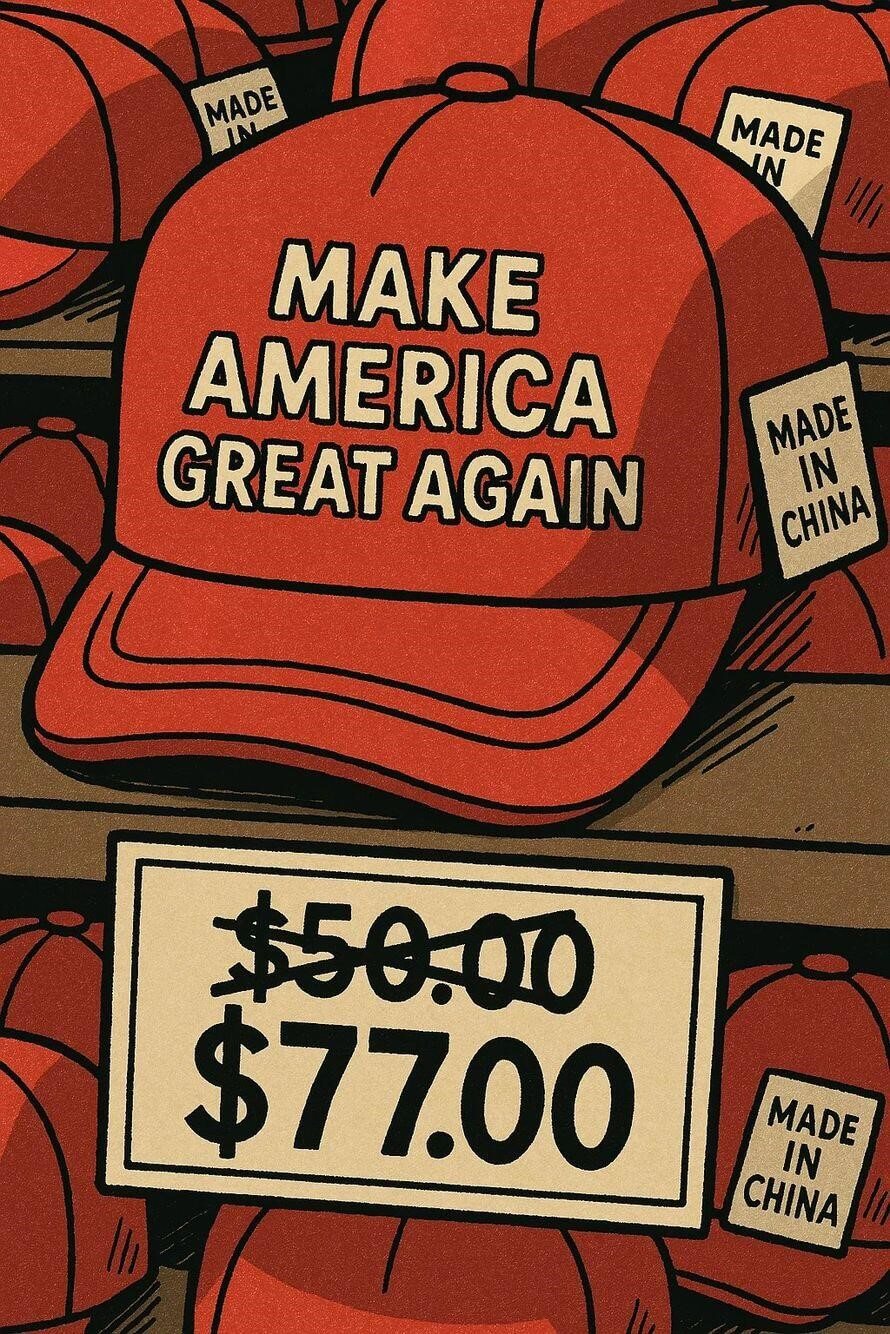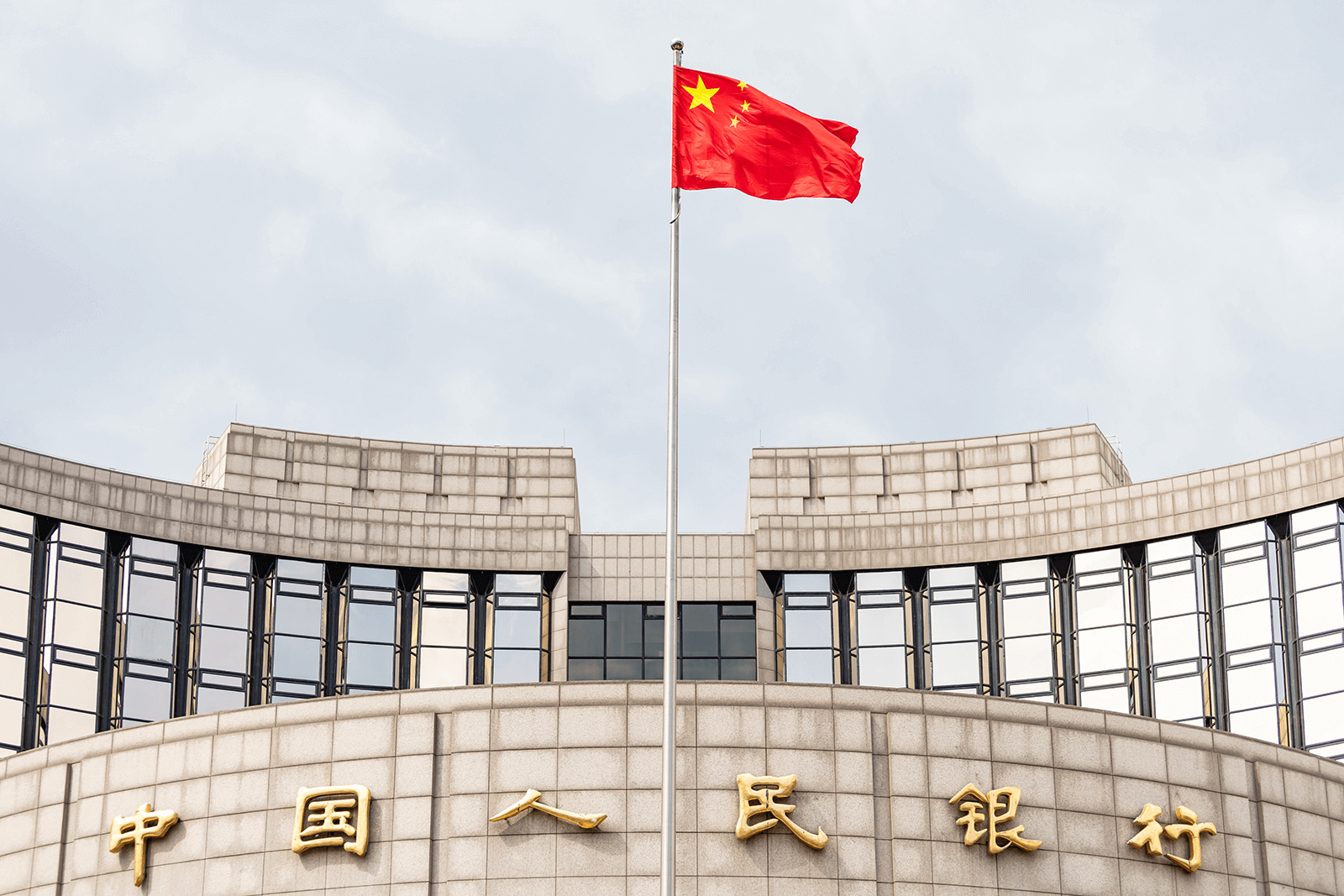Recent data reports continue to point to a solid economy and receding inflation, particularly in the US. So much so that the US central bank, while acknowledging that monetary policy will indeed be pivoted this year, has advised markets to postpone their rate cut expectations by a couple of months. Decent earnings growth and lower future interest rates: a potent recipe for higher stock prices in 2024? Complicating the picture is the still uncertain geopolitical situation as well as – in a more recent development – the fact that US regional banks seem to be hitting another rough patch, this time because of their exposure to commercial real estate.
On 31 January, New York Community Bancorp (NYCB) surprised markets with a quarterly loss of USD 185 million and a 70% dividend cut. This caused its share price to plummet, and its rating to be placed under review by Moody’s. Note incidentally that NYCB figured among the acquirers, last March, of some of the assets of Signature Bank, when the latter followed Silicon Valley Bank and Silvergate Bank into failure. Those asset purchases led NYCB to cross the USD 100 billion balance sheet threshold that puts a bank under greater regulatory scrutiny, i.e. be subjected to more stringent capital and liquidity requirements.
The negative NYCB news led to a generalised drop in regional bank stocks, with the KBW Regional Banking index suffering its worst one-day decline since those fateful events of March 2023. This time around, however, the issue is not one of government debt write-downs and shaky depositors. Rather, NYCB’s quarterly loss was caused by a hefty USD 552 million provision for potential losses, mostly pertaining to the bank’s commercial real estate loan portfolio.
On this subject, we would point out that a large number of leases will be coming up for renewal within the next 12 months. Tenants will try to push down rents because of the current oversupply of commercial properties, meaning that owners are likely to take in lesser revenues and will find it hard to repay their bank loans (a problem compounded by rates moving higher). Our expectation is that many commercial leases, outside of those for prime locations, will require some form of restructuring. And hence cause further write-downs on bank balance sheets.
“Yes, but the economy is holding up well” might one counter. It is true that data reports, especially in the US, have continued to surprise positively during the past weeks. The labour market, in particular, remains very tight, bolstering consumption. In fact, what seemed the best scenario that equity investors could hope for just a few months ago, a soft landing, has turned into an even better one: a “Goldilocks” economy, combining reasonable growth and falling inflation.
Such a positive scenario has, of course, much to do with massive government spending, aimed at making the economy “greener” and less “import-dependent”. The pace of such spending can evidently not continue to increase forever, not to mention that the investments are being financed by – now more expensive – government debt. At some point, the rapidly growing debt pile will have to be addressed, particularly in countries where a large portion of government bonds are held by non-residents. But that is a problem for later.
Today’s more pressing issues, beyond the aforementioned commercial real estate market, pertain to geopolitics. Three major wars are now underway, if one includes the proxy war between Iran and the US in and around Yemen. Any one of these wars could spiral out of control, just as a solution might also be lying around the corner. And to further complicate matters, there is the November US presidential election with, at this point in time, strong odds of Donald Trump regaining the White House. This would only add to geopolitical uncertainty and perhaps even challenge the cornerstones of the US democratic system.
So, as investors, what stance do we adopt? Is the glass half full, justifying greater risk exposure in portfolios, or half empty, meaning that some cautiousness remains warranted? During the past few years, investors wearing the rosier lenses have fared well, none of the perceived threats having actually materialised. Our short-term view is that a slightly higher exposure to equity markets may prove rewarding, provided it is well diversified. Indeed, while the aggregate volatility of equity indices is very low, the same does not hold true for individual names. One need just observe the violent upward and downward reactions of stock prices to positive/negative surprises during this quarterly reporting season…









